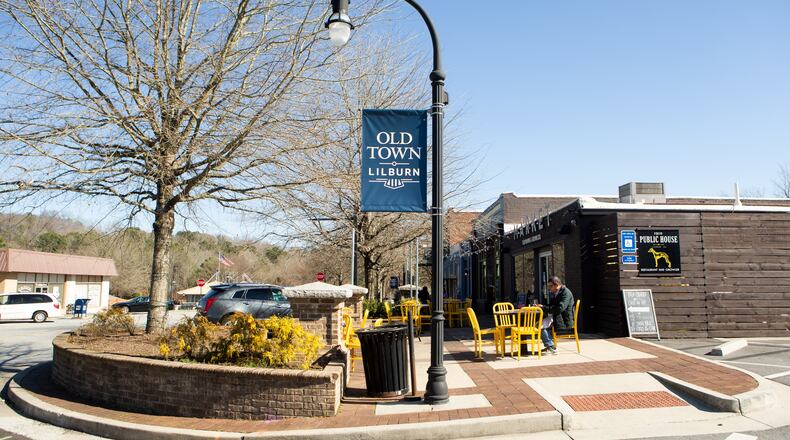Lilburn residents will receive separate bills for county and city property taxes going forward.
City Council voted unanimously Monday evening to collect its own property taxes and other fees. The move comes after Gwinnett County Tax Commissioner Tiffany P. Porter proposed charging eight cities additional fees for collecting their taxes, which would supplement her salary.
In 2020, Lilburn paid $9,518 to the county for collecting its taxes. The newly proposed rates would have cost the Gwinnett city more than $20,000.
It will be more costly in the beginning for Lilburn to collect its own taxes, clocking in at about $38,000 in the first year. But in subsequent years, it will only cost the city a little more than $11,000 to do the work without the county’s help.
The state Legislature passed a bill on the final day of the session that would prevent Porter from enacting her proposal, taking the power to negotiate municipal tax collection contracts away from Gwinnett’s tax commissioner and placing it into the hands of the county’s board of commissioners.
Gov. Brian Kemp still needs to sign the bill before it becomes law, but Lilburn officials wanted to move their tax collections in-house regardless of the outcome. The Gwinnett County Board of Commissioners could still choose to increase the fees paid by cities, despite BOC members sharing their opposition to Porter’s plans.
Kirkland Carden, a county commissioner, previously said officials would look at fees that fairly compensate the county for additional work without hurting the financial health of cities. He added that he thinks it’s unlikely that members would vote to enact fees that would supplement Porter’s salary.
Lilburn officials didn’t want to take that risk. “(The bill) still leaves some gray area there, now and in the future,” said Jenny Simpkins, assistant city manager.
City Manager Bill Johnsa said the new law would only target how the county collects municipal property taxes, not stormwater and solid waste fees.
The move by Lilburn officials to collect their own taxes also reflects their preference to be self-sufficient, said Mayor Tim Dunn. “Our attitude in Lilburn is to do as much in-house as possible,” he said.
The city will not need to hire new personnel, Dunn said, as it can simply purchase a new addition for the software already used. It will use the same method to collect taxes as Duluth, Norcross and Loganville, all of which collect their own taxes.
Up until Monday, Porter’s office collected taxes for Berkeley Lake, Dacula, Grayson, Lawrenceville, Lilburn, Peachtree Corners, Snellville and Sugar Hill. City officials across Gwinnett County have railed against Porter’s plans for the additional costs their cities would incur. Dunn said he expects at least some of the other cities to follow suit and consider collecting on their own.
Duluth has collected its taxes for decades, said Teresa Lynn, assistant city manager and city clerk for Duluth. Residents prefer the city to collect their municipal taxes, where they know the people handling their bills, she said.
It’s perfect timing for the council’s decision, Simpkins said, as she believes Lilburn may be able to cover the first-year cost with federal funds from the American Rescue Plan. The city will look at adding a payment kiosk in both English and Spanish where taxpayers can pay their bills, which are usually due by the end of the year.
AJC staff writer Arielle Kass contributed to this story.
About the Author
The Latest
Featured


